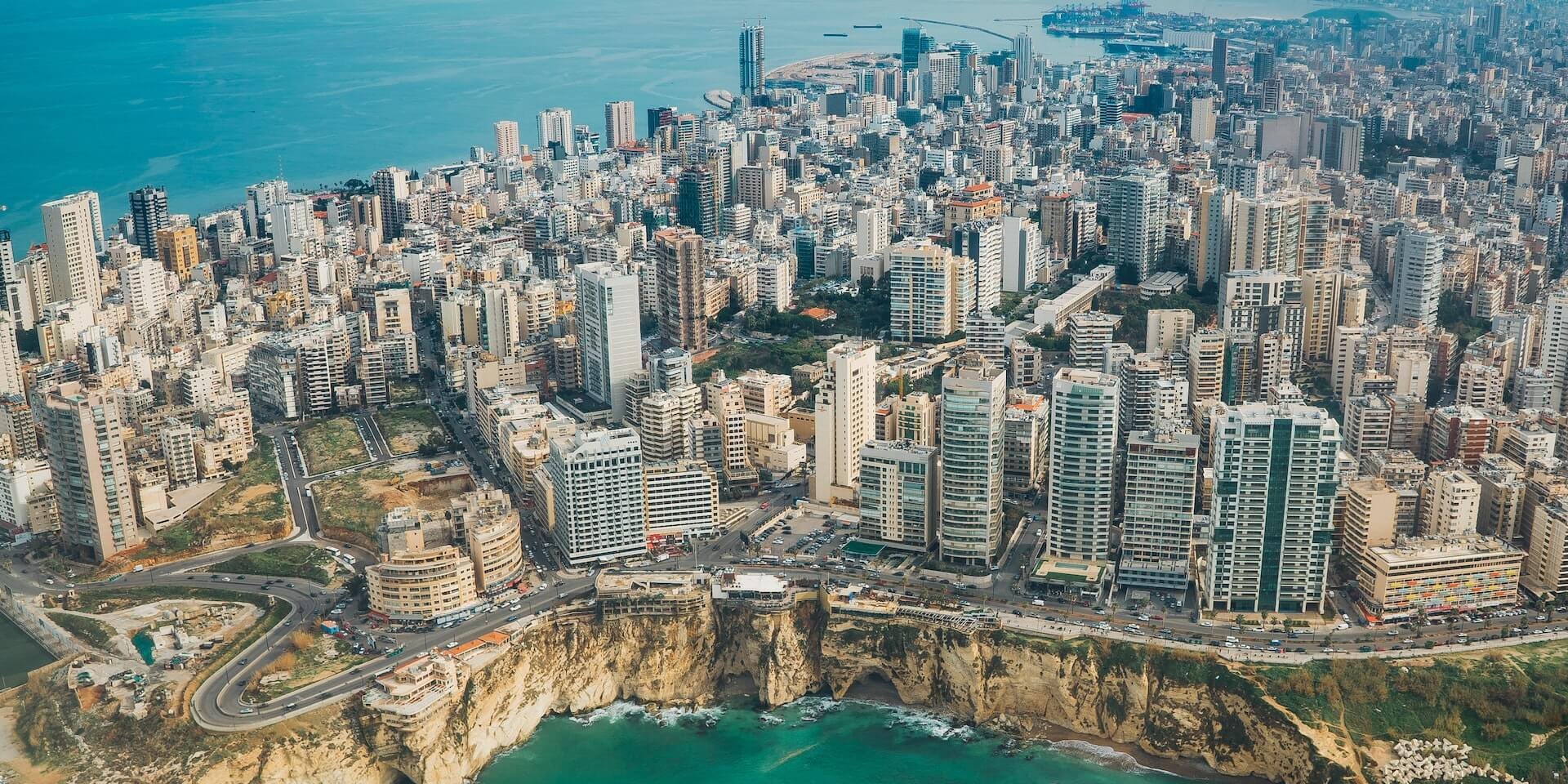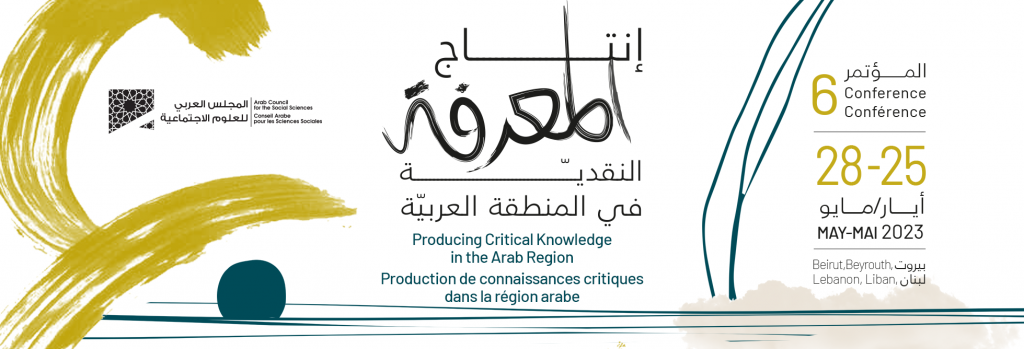
For more than a decade, the Arab region has been mired in political, social and economic turmoil and changes. These conditions also imposed challenges on the processes and institutions of knowledge production, and the social and human sciences have tried to respond to these challenges in different ways. Researchers and writers explored the roots of conflicts, analyzed the forces of change, and envisioned an alternative future. All conferences by ISC Member, the Arab Council for the Social Sciences (ACSS) to date have highlighted social science accountability and knowledge production in turbulent times, with a focus on different themes and topics. Likewise, the Sixth Conference will seek to explore innovative tools: intellectual and methodological, which the seriousness of events in the Arab region requires consideration.

The conference will discuss how to broaden the understanding of “knowledge” beyond elitist top-down concepts and give equal importance to alternative, marginalized and informal knowledge-making processes. Critical knowledge involves reconsidering the power relations in society, and uncovers the forces that cause inequality and injustice, including those that shape and transform class, race, ethnicity, and gender relations over time. Critical knowledge can be produced and disseminated in different ways, through formal and informal institutions, at different levels and domains of society through embodied practices as well as collective action. Understanding these processes and practices requires a re-reading of the intellectual traditions that have shaped knowledge-making in the region, including those that arose In the conditions of colonialism and the struggle against colonialism and state building after colonialism. The current conditions related to capitalism and neoliberalism have also altered the ways knowledge is produced, evaluated and used at the national and global levels. This leads to important changes at the level of long-standing educational institutions and practices, and leads to the crystallization of new institutional forms and structures. Accordingly, critical knowledge is shaped through struggle, and is an integral part of the wide-ranging societal change that is redefining the features of the Arab region and its societies.
💬 Simultaneous translation into Arabic, English and French will be provided.
🎦 Plenary sessions will be live streamed on the ACSS facebook page